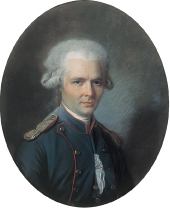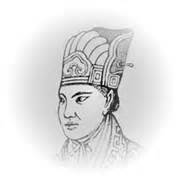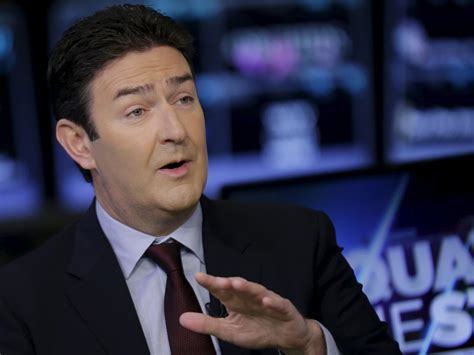A Quote by Pierre Choderlos de Laclos
Cast between the extremes of happiness and misfortune, uncertainty is a cruel torment.
Quote Topics
Related Quotes
And happiness...Well, after all, desires torment us, don't they? And, clearly, happiness is when there are no more desires, not one...What a mistake, what ridiculous prejudice it's been to have marked happiness always with a plus sign. Absolute happiness should, of course, carry a minus sign — the divine minus.
Ardent desire for knowledge, in fact, is the one motive attracting and supporting investigators in their efforts; and just this knowledge, really grasped and yet always flying before them, becomes at once their sole torment and their sole happiness. Those who do not know the torment of the unknown cannot have the joy of discovery which is certainly the liveliest that the mind of man can ever feel.
The misfortune of others is our misfortune. Our happiness is the happiness of others. To see ourselves in others and feel an inner oneness and sense of unity with them represents a fundamental revolution in the way we view and live our lives. Therefore, discriminating against another person is the same as discriminating against oneself. When we hurt another, we are hurting ourselves. And when we respect others, we respect and elevate our own lives as well.






































